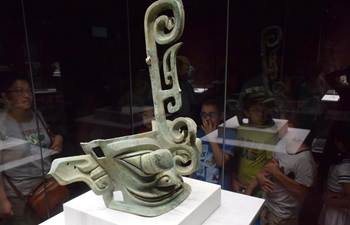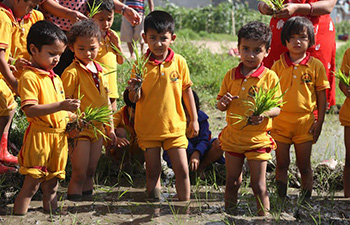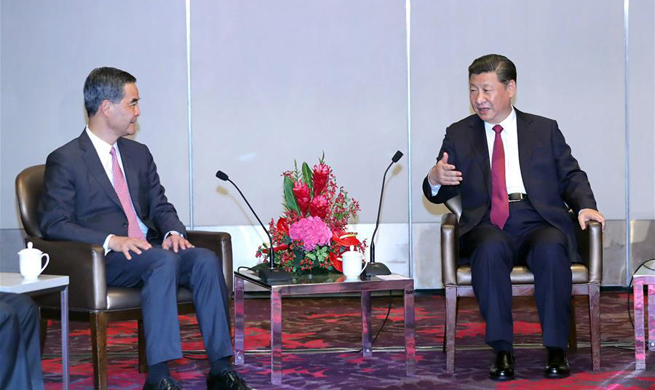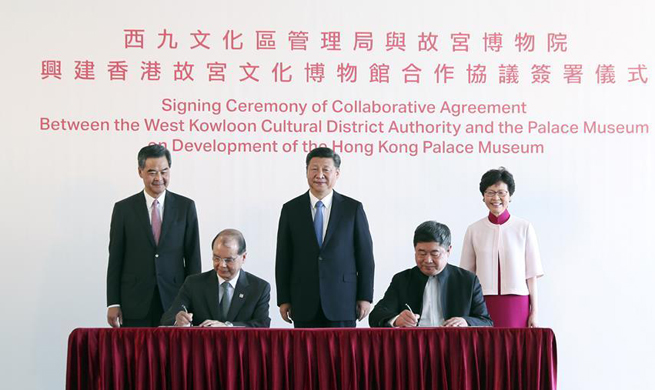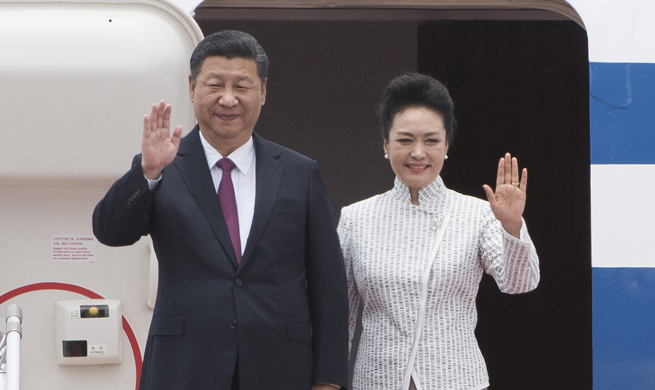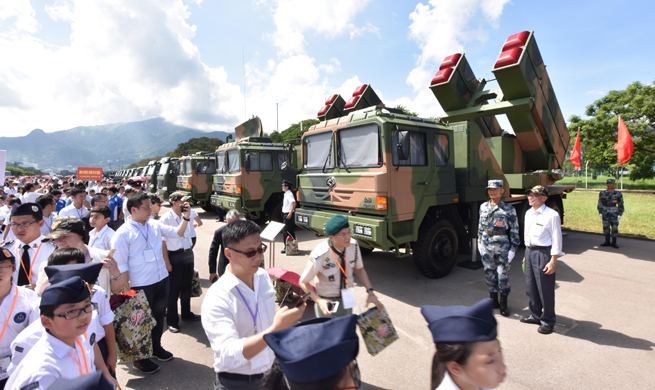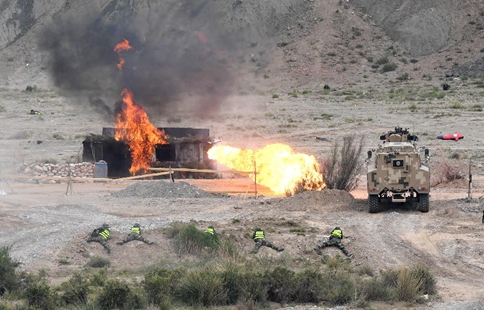by Xinhua writer Qu Junya
BEIJING, June 30 (Xinhua) -- A jigsaw picture will appear when its pieces fall into place. As for the Asia Pacific and any other regions, regional security will come out naturally in an evolution after its cornerstones are laid.
In a way, regional security in a peace era means a dynamic balance, with factors changing and working less or more in the scenario. Whatsoever, the political and economic ones are the roots to address, particularly at a long-term, strategic and sustainable level.
Politically, regional security mainly relies on intra-regional cooperation based on mutual trust, understanding and consultation. The external environment, which may not be free of meddling hands and threats, also matters.
For example, the current nuclear situation on the Korean Peninsula evidences the need for a return to talks towards detente, mutual trust and cooperation, after the failed attempt of the United States and South Korea to settle it through annual and upgraded joint military exercises.
It shows military deterrence has only poisoned the conditions for peaceful dialogues.
The South China Sea arbitration case is another lesson. Strengthening consultations on code of conduct and resorting to practical and win-win cooperation, with disputes shelved, have proved to be a fruitful solution and shortcut out of differences.
The case also indicates the likelihood that foreign interference would complicate things. Meanwhile, countries should be vigilant about falling catspaw and keeping security issues from being used as pretext for interference by outsiders who intends to fish in troubled waters.
Outsiders trying to fan up dying flames of the South China Sea issue have obviously an axe to grind. Warship and weapons sales to disputing parties and incitements to confrontation will by no means help resolve the issue.
As far as the nuclear crisis on the Korean Peninsula is concerned, warlike safeguards such as advertising guidebooks on how to seek refuge from missile attacks will not work to ease tensions there.
Flashing points and hotspots come and go, such as the Tamil Tigers in Sri Lanka and the Thailand-Cambodia border dispute. Currently, emerging threats such as from the penetration by the terrorist Islamic State (IS) group in some countries call for coordinated efforts in the Asia Pacific.
The need is highlighted by the capture since end of May of a Philippine town on the poverty-ridden island of Mindanao by extremists swearing allegiance to the IS.
The situation also brings to surface the link between regional security and economic development, which is vital to reducing poverty that serves as breeding ground for crimes and terrorism, among others.
Moreover, economic development could fuel political cooperation that helps maintain regional stability and security.
The agenda and consensuses reached at the June 28-29 nongovernmental forum under the Conference on Interaction and Confidence-Building Measures in Asia held in Beijing are in China's latest effort to strengthen exchanges and understanding between countries and to promote regional security consensus.
Forum participants have hailed such China-proposed solutions as Belt and Road Initiative to seek common prosperity and the Asian Infrastructure Investment Bank as drivers of regional economic integration and global growth.




